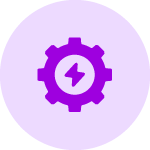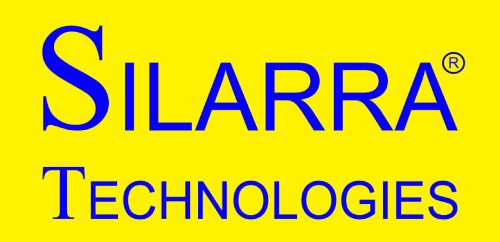Embedded System Portfolio
Embedded boards are designed to perform specific tasks in an embedded system. These tasks can vary depending on the type of embedded board, the microcontroller unit (MCU) it uses, and the operating system it runs. Some common tasks performed by embedded boards include:
The exact tasks performed by an embedded board can vary depending on the specific requirements of the application and the design choices made by the developer.

Data collection and processing
Embedded boards can be used to collect data from sensors, process it, and transmit it to other devices.

Display control
Embedded boards can be used to control displays and provide user interfaces, such as touch screens, OLED displays, and LCDs.

Real-time control
Embedded boards can be used to control devices in real-time, such as actuators, motors, and other physical devices.

Communication
Embedded boards can be used to facilitate communication between different devices and networks, such as Wi-Fi, Bluetooth, Zigbee, and Ethernet.

Power management
Embedded boards can be used to manage power consumption, such as by controlling the power state of different components and peripherals.

